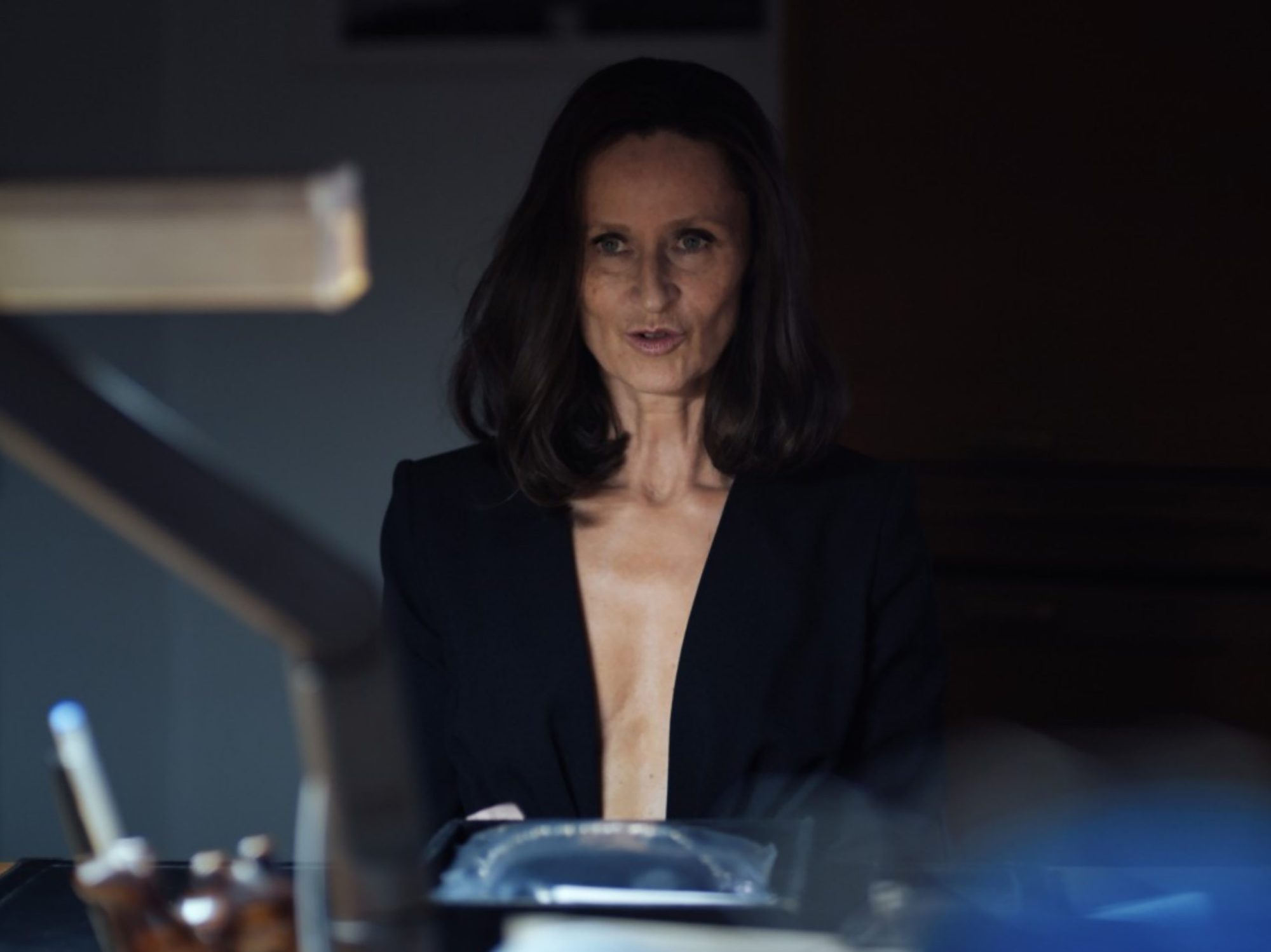
- Golden Globe Awards
A E I O U: A Quick Alphabet of Love (Germany)
German writer-director Nicolette Krebitz ventures into the arena of taboo love with A E I O U: A Quick Alphabet of Love about Anna (Sophie Rois), a sixty-year-old woman who has an affair with teenage Adrian (Milan Herms). Yet, there is nothing sensationalistic about this story; rather, it explores the spontaneity and surprising nature of human love.
Anna and Adrian seem to be worlds apart at first but they gradually reveal their likeness – a quest for freedom and independence on the one hand, and for true closeness on the other. Neither one is willing to conform to a system of conventions that wants to pigeonhole them. On the margins of the foster-care world, Adrian would rather live as a vagabond, while Anna, having already seen the heyday and decline of her acting career, is searching for something to reverse the slide into the woes of old age, something to revitalize her.
“For some reason, I always end up writing an impossible love story,” Krebitz told the HFPA in an interview last summer. “My last film Wild was about a girl and a wolf. It was kind of turned away from society and had to do with the situation we’re living in where everybody has to go inside and see what it is that they want from life. In this film, I turn a little bit back towards society but I still wasn’t so interested in the usual man-and-woman-partner combination because I feel we’ve seen all these films already.”
What begins as speech lessons from Anna to Adrian for his upcoming theater performance evolves into a tender friendship and finally a consummated affair at the French Riviera. Krebitz’s tender lens gives special attention to her heroine. “You are perfect,” Adrian tells Anna when she dares to cross the line of forbidden love and stand before him naked and raw and vulnerable.
“As long as they are adults over eighteen, I have nothing against it,” said the director in the same interview, referring to the age gap of her characters. “But society does, and I think there are a lot of reasons for it. First, of course, older white men are excluded somehow in this occasion, so that makes them angry. The other thing is that when a woman does not give birth to children and when she’s only fulfilling her desire, the whole world doesn’t really want that.”
Krebitz’s subtle feminist sympathy is revealed in every scene. It is as if Adrian’s innocent adoration gives Anna permission to be a desirable and desiring woman again, a woman who is able to enjoy life in its fullness. But, above all, the film’s hopeful ending acts as an assurance that even “impossible love stories” can actually happen.